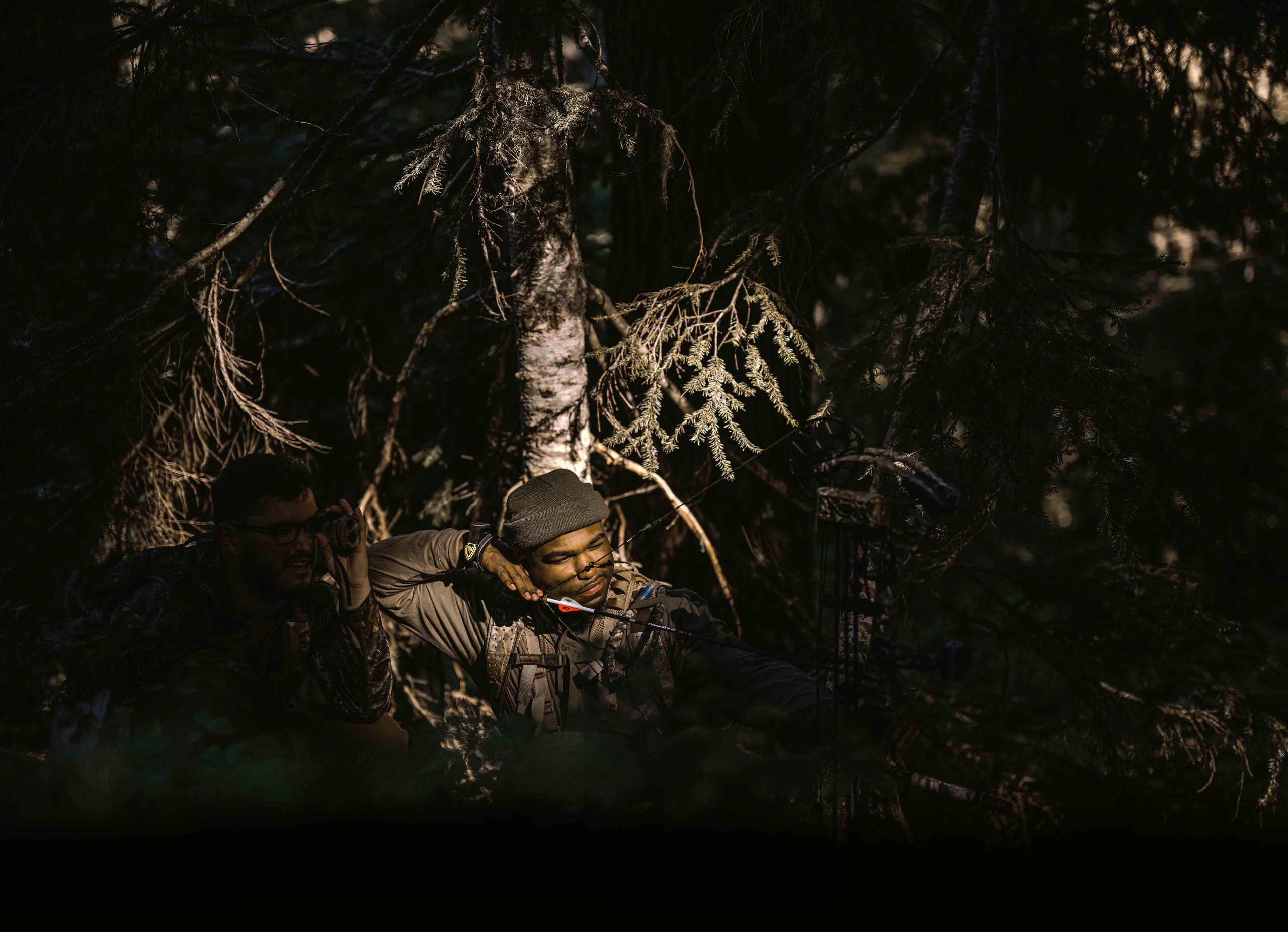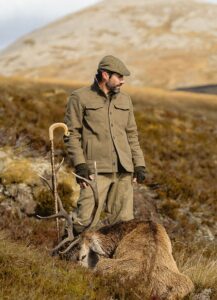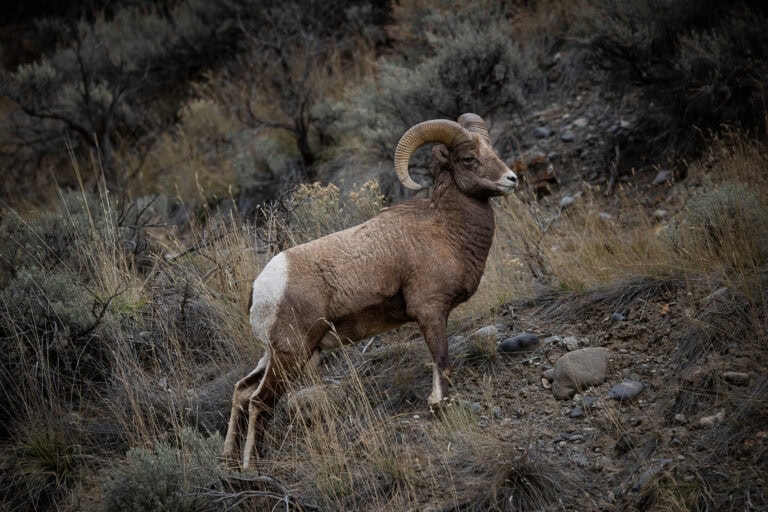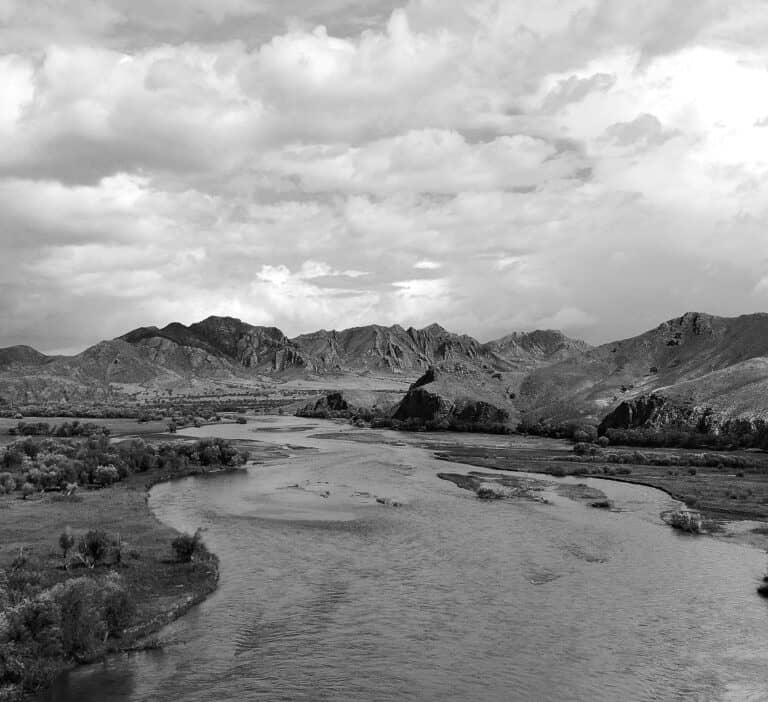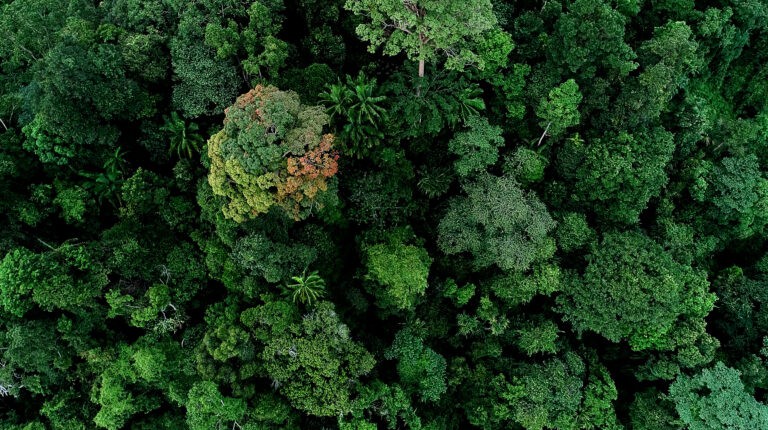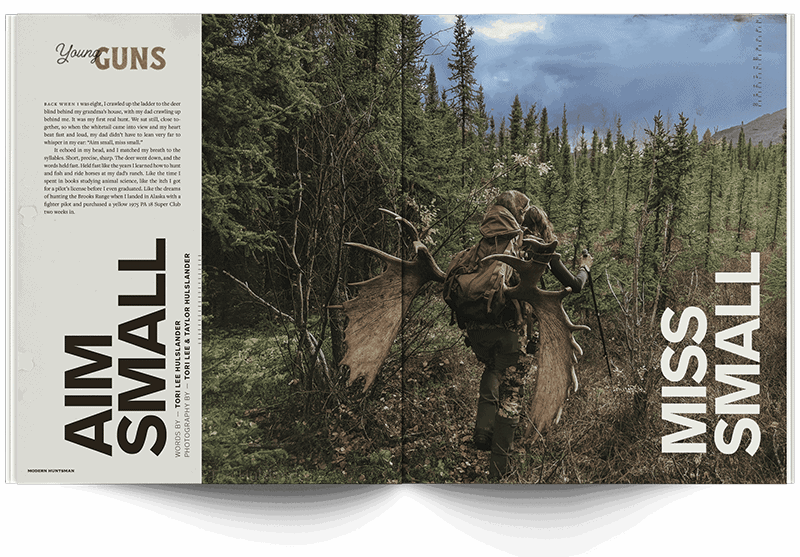The next few pages hold a story further from the hunt and closer to the heart of what it means to be human. The act of hunting itself stretches far beyond the bounds of our labeled identities. And yet, hunters who fall outside of the mainstream American status quo of “who a hunter is” experience barriers not of their own making.
How does one learn to hunt, then, should they be curious about the endeavor?
Hunters of Color, a non-profit based in Corvallis, Oregon, aims to answer that question for people who identify as BIPOC, both within hunting ranks and beyond it. With goals of educating the public, fostering hunting mentorship for BIPOC individuals, and ultimately broadening the communal sense of urgency for matters involving wildlife and conservation, HOC is a light not only for the people it serves, but for hunters writ large.
Modern Huntsman’s Editor-in-Chief Tyler Sharp chatted with co-founders Lydia Parker and Jimmy Flatt about HOC’s origin story, their own experiences as BIPOC hunters, and where we can all move forward to create a stronger, more unified and ultimately more welcoming community of hunters.
Presented By
TYLER SHARP — Tell us a little bit about yourselves and the experiences you had that contributed to the path you’re on now.
LYDIA PARKER — She:kon sewakwe:kon. (Translated: Greetings, everyone). My name is Lydia, and I am the executive director as well as one of the co-founders of Hunters of Color. I am from the Six Nations of the Grand River, Walker-Mohawk Band of the Kanien ‘keha:ka...
